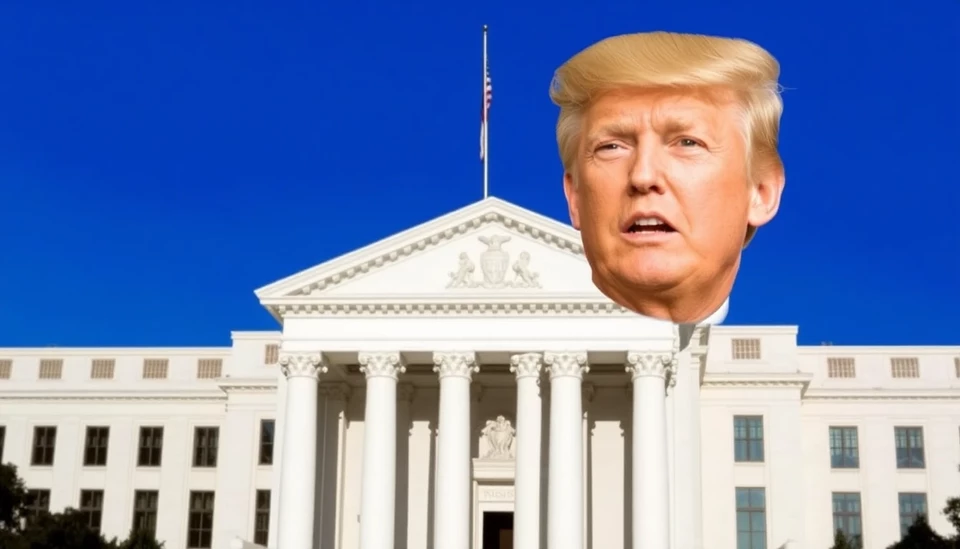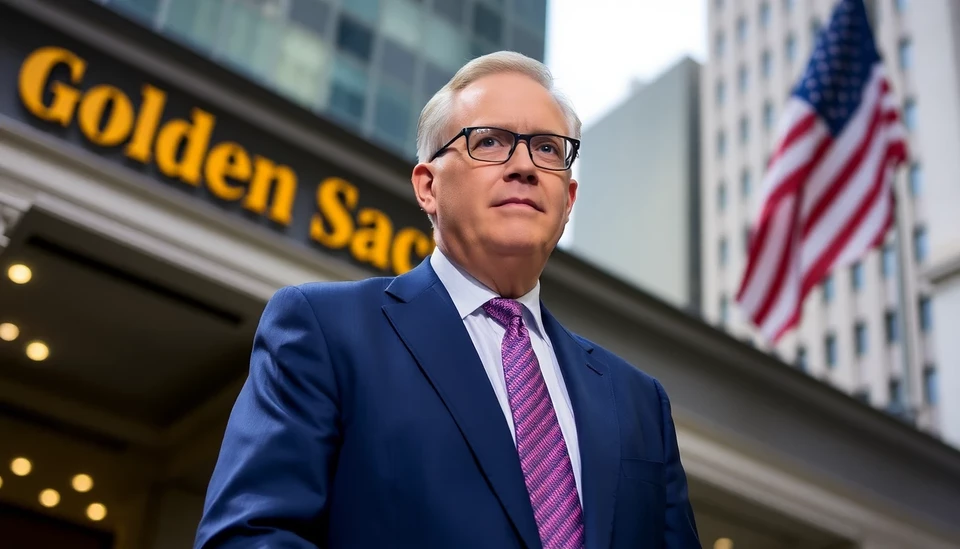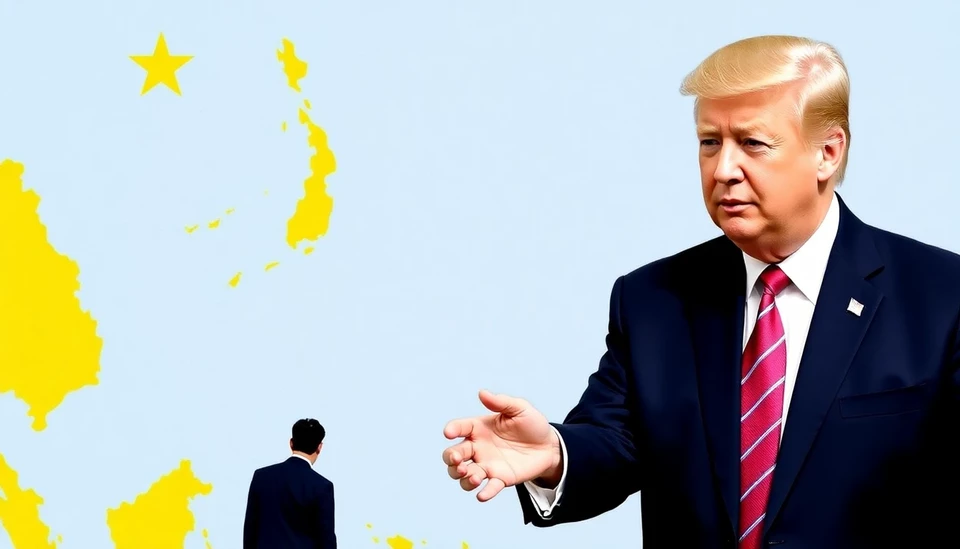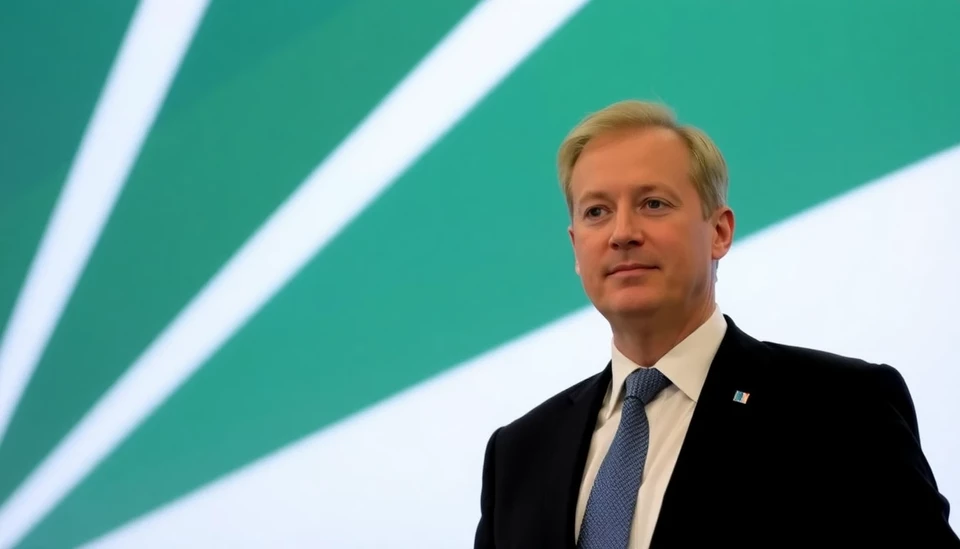
The recent election of Donald Trump has sent ripples through the financial markets, creating an air of uncertainty regarding the future actions of the Federal Reserve. As Trump prepares to step back into power, experts are beginning to analyze the implications of his administration on monetary policy, inflation, and the broader economic landscape.
Following Trump's victory, the markets reacted rapidly, signaling a mix of optimism and concern. Investors are now speculating on how Trump’s known approach to economic issues could impact the Federal Reserve's strategies moving forward. His prior presidency was marked by aggressive tax cuts, deregulation, and a significant focus on boosting economic growth, all of which potentially conflict with the Fed’s mandate of controlling inflation and maximizing employment.
One of the key uncertainties revolves around whether Trump will exert greater political influence over the Fed. During his previous term, his public criticism of the Federal Reserve's decisions caused tension and raised questions about the independence of the institution. Many analysts are now pondering if Trump will continue to pressure the Fed for lower interest rates and more lenient monetary policies to stimulate growth, particularly in light of the recent economic challenges facing the nation.
Furthermore, the Fed is currently navigating a complex environment characterized by rising inflation rates and global economic instability. Trumps’ victory could lead to increased volatility in financial markets and a shift in Federal Reserve personnel that might impact who is making critical decisions regarding interest rates and asset purchases. Financial experts worry that if the Fed holds onto its current course of hiking rates to combat inflation, it could clash with Trump's push for rapid economic expansion.
Additionally, the potential for significant fiscal changes is high. Trump’s administration is likely to propose substantial spending initiatives that could further fuel inflationary pressures already present in the economy. Economists suggest that the Fed may find itself in a difficult position where it must balance these fiscal expansions with its goal of stabilizing prices. This juggling act could complicate the central bank's decision-making process, leading to a more reactive rather than proactive monetary policy stance.
In summary, Trump’s election victory amplifies existing fears and uncertainties surrounding the Federal Reserve's direction. The interplay between the incoming administration and the central bank is expected to be scrutinized closely as lawmakers navigate the challenges ahead. Observers will be particularly attentive to how the Fed communicates its strategies in a potentially tumultuous economic atmosphere.
Expectations are high that the Federal Reserve will need to demonstrate its commitment to maintaining its independence while addressing the pressures from Trump’s policies. The unfolding scenario creates a dynamic that could lead to significant shifts in monetary policy, and the coming months are likely to reveal just how the Federal Reserve will adapt.
As financial institutions and investors brace for the impact of Trump's return, the dual focus on controlling inflation while stimulating economic growth presents a complex challenge that the Fed must tactfully manage.
#Trump2024 #FederalReserve #MonetaryPolicy #Inflation #EconomicGrowth #MarketReaction #USPolitics
Author: Laura Mitchell




